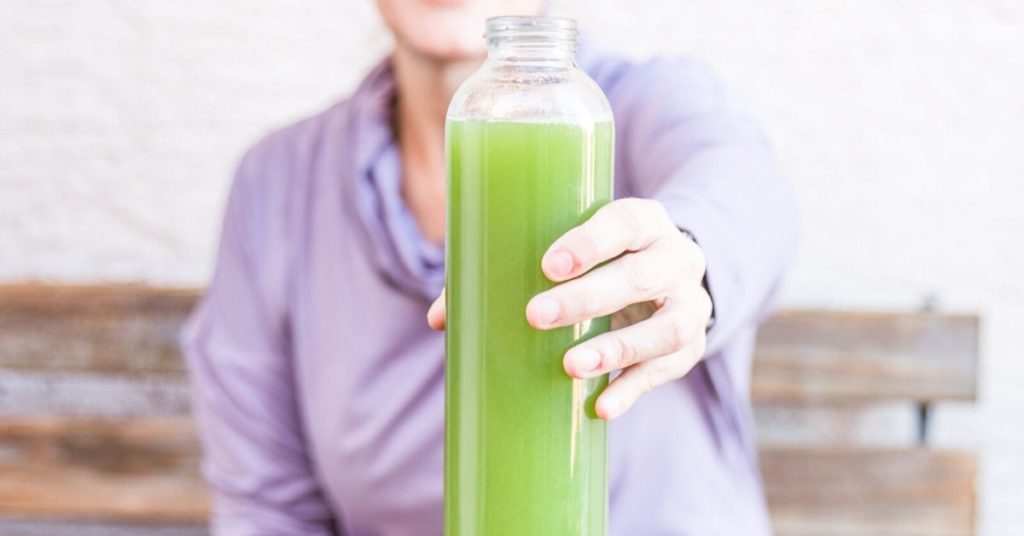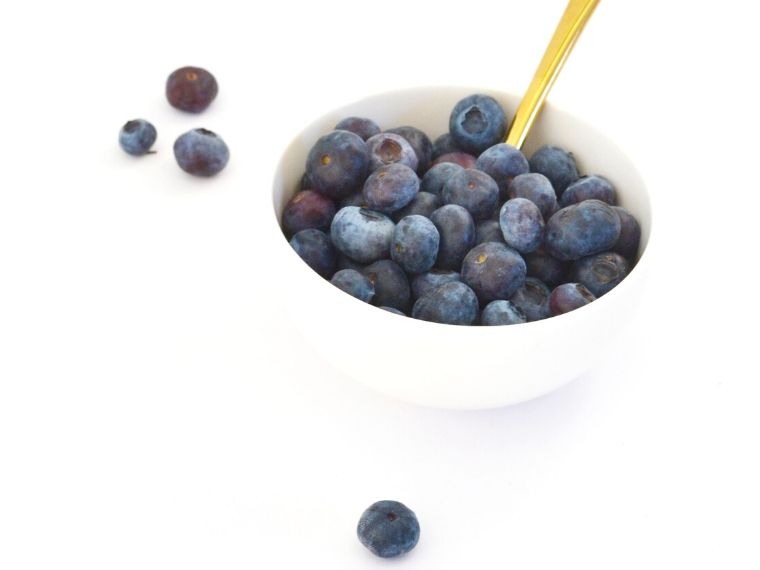
There are a variety of health benefits of juicing vegetables and fruit but there are also some minor risks that you need to be aware of.
You can only eat so many fruits and vegetables in a day. Juicing retains most of its nutrients found in the whole version of those foods. This means that you get more nutrients per ounce consumed. It’s a lot easier to drink 1/2 a cabbage than it is to eat it!
Wider variety of nutrients
By adding fruits and vegetables that you wouldn’t normally eat you give your body a greater variety of vitamins, minerals and plant chemicals (phytonutrients). Combining it in a glass of mixed juice, you can mask the taste of that particular fruit or vegetable so it becomes more palatable.
Boost Immune system
By giving your body access to a wider variety of nutrients you are giving your immune system even more of what it needs to fight off colds and flus. In fact, a study found that with homemade juices, you get more antioxidant and antiviral properties than commercial store bought juices.
Hydrate your body
You can increase your fluid intake with juicing. Since juice has more flavour than water I will often mix half a glass of water with my juice in order to increase my fluid intake. In fact, I have found that this method allows my body to better utilize the added fluid compared to just water which seems to go right through me.
Get ‘glowing’ skin

Fruits and vegetables are known to contribute to healthy looking skin. All those vitamins and antioxidants contribute to help your body produce collagen, slow down the signs of aging and prevent your cells from degenerating.
Improve focus and concentration
Juicing, oxygenates your blood, brain and body tissues. This in turn improves your blood pressure and blood flow throughout the body. Increasing your brain function allows you have more energy, focus and concentration throughout the day.
Reduce inflammation
The foods you eat can have a profound effect on inflammation in the body. Juicing vegetables and fruit is one of the smartest things you can do on a regular basis in the fight against inflammation. Having a simple yet effective fresh juice is an easy way to up your anti-inflammatory game without taking up too much of your time.
Aid detoxification
All those nutrients support your kidneys and liver. They remove toxins from the body that accumulate over time. Fresh fruits contain glutathione. This is a small protein that contains 3 amino acids that help our body to remove toxins.
Improve gut health and digestion
Our gut plays a major role in not just in our gastrointestinal health but also for the health and well being of the entire body. Yellow, light green and dark green vegetables are one of the best sources of prebiotics. By juicing vegetables, you are consuming more prebiotics thereby increasing the good bacteria in the gut and all the enzymes help digest other foods more efficiently.
Increased energy
Better hydration, oxygenated blood, improved detoxification and better gut health will automatically give you more energy. You will also sleep better by juicing which means you will be better rested the next day. And more energy means you get to be more productive and get better athletic performance
Weight loss

Everyones favourite benefit is weight loss. By drinking a glass of fluid before every meal, you will feel fuller which means you will eat less. Also, by reducing inflammation in your body, you will naturally lose weight.
Related: No, I didn’t gain 40 lbs having a baby; I just got FAT
Better mood
Whenever I miss a couple days of juicing, I notice my mood drop. This is because I feel healthier drinking all those nutrients which helps me to make better whole food choices. I have the energy to workout harder which is scientifically shown to combat depression. And a good nights sleep helps to get out of bed in the morning.
With all of these amazing benefits of juicing, what pitfalls could there possibly be?
Increased blood sugar
Juicing removes the fibre from the whole food which means it’s absorbed by your body more quickly. This can increase your blood sugar if you don’t have the appropriate ration of fruits to vegetables. If you have diabetes or are pre-diabetic this is something that you will need to pay special attention to. If you it into this category, be sure to check out this article on: 11 juice ingredients that balance blood sugar.
Nutritional deficiency
By limiting your food intake to only juices for long periods can cause a deficiency in a number things. I personally do not believe in juice only cleanses but rather feel that juicing has benefits by being added to your everyday healthy eating plan.
Acid reflux
You will want to avoid juicing too many oranges or tomatoes as they have a high acidic content. If you suffer from acid reflux, check out this article on: 11 juice recipes to help treat acid reflux.
Juicing Tips
Now that we know the amazing benefits of juicing, here are some of my best practices to help you get started.
Mixology
I don’t really use recipes when juicing. The biggest reason is because I’m lazy, ha ha and will just grab what I have in the fridge. I’ve found that a really tasty juice has a combination of sweet, tart, greens, high-yield and herbs.
- Sweet: Apple, Pear, Watermelon, Pineapple, Mango, Strawberries, Beets, Kiwi, Oranges, Peaches, Papaya
- Tart: Lemon, Lime, Grapefruit
- Greens: Kale, Spinach, Cabbage
- High-yield: Cucumbers, Celery, Carrots, Tomatoes
- Herbs: Basil, Cilantro, Mint, Ginger
My overall strategy is to have a 3:1 ratio of vegetables to fruit. However, if you’re just starting out and need it to be more palatable I recommend a minimum ration of 2:1. Go ahead and experiment to find what works for you in the beginning with the goal of adding more and more vegetables.
Prep
One thing I definitely recommend is to wash EVERYTHING before you prep your fruits and vegetables for the juicer. We want to get every nutrient we can get NOT any germs or pesticide residue.
Personally, I remove the core from my apples and pears. The reason being that the macerated seeds can have an adverse effect and upset your stomach – no thanks! I also tend to peel my lemons and limes because they can make your juice taste bitter. But, otherwise, I like to keep the peels on apples, pears, cucumbers, etc.
With all the benefits of juicing, it really makes sense to add it to an overall healthy eating plan. Just be sure to keep in mind that juicing alone is not the goal.
What I use to juice at home:
*** Some of the links in this post are affiliate links.
Click here for the full disclosure statement ***

